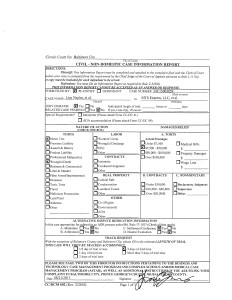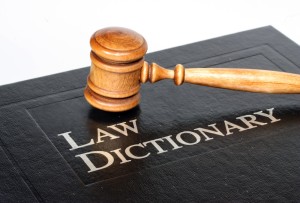Donald Trump has the support of a broad swath of people. Many of his supporters have the viewpoint that the problem in this country is too many lawsuits.
Trump would not take this position. He is, by any definition, a celebrity. Many celebrities have a history of using lawsuit first recourse in settling disputes.
Yesterday, Trump threatened a lawsuit if Ted Cruz does not take a campaign ad down that is predominantly made up of Trump’s own words footage in a 1999 interview saying he’s “very pro-choice.” Cruz has, with good reason, mocked the viability of such a claim, giving the sound bite that Trump has been bringing frivolous lawsuits his entire adult life.
Trump certainly has filed several unbelievable lawsuits. Here are a few highlights:
- He sued two brothers for using the Trump name, even though their last name was Trump. Reportedly, these guys were worth over ten times what Trump is worth, but somehow they were using the name to piggyback off of his success. The suit went nowhere.
- He sued his ex-wife for $25 million for talking about their relationship despite a confidentiality agreement. He might have technically been on the right side of this. But you get the point.
- Bill Maher joked that he would pay Trump $5 million if he could prove that his father was not an orangutan. Trump produced his birth certificate and sued for $5 million when Maher did not pay. This one has a real elementary school vibe to it, doesn’t it? Trump eventually dropped the case.
- He sued the Chicago Tribune for $500 million after the paper’s architecture critic wrote he thought the Chicago’s Sears Tower would remain its world’s tallest building title even though Trump has made a plan to build a taller building on the East River in Manhattan. Reportedly, Trump did not even hire an architect for the building. A federal court judge dismissed the case, ruling that you cannot sue someone for their subjective opinions.












